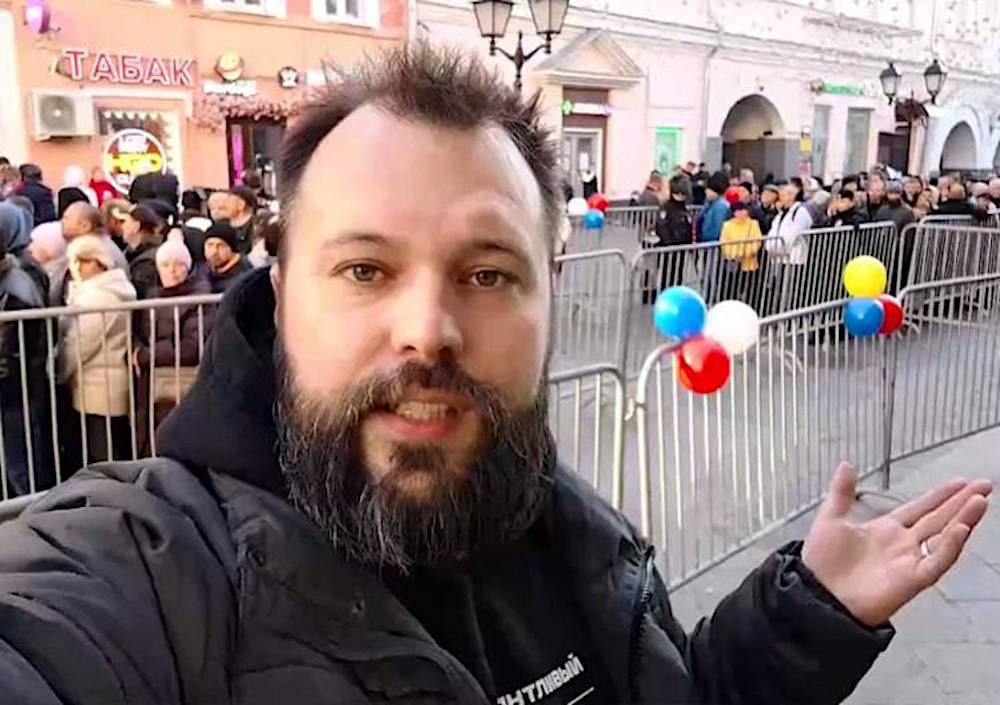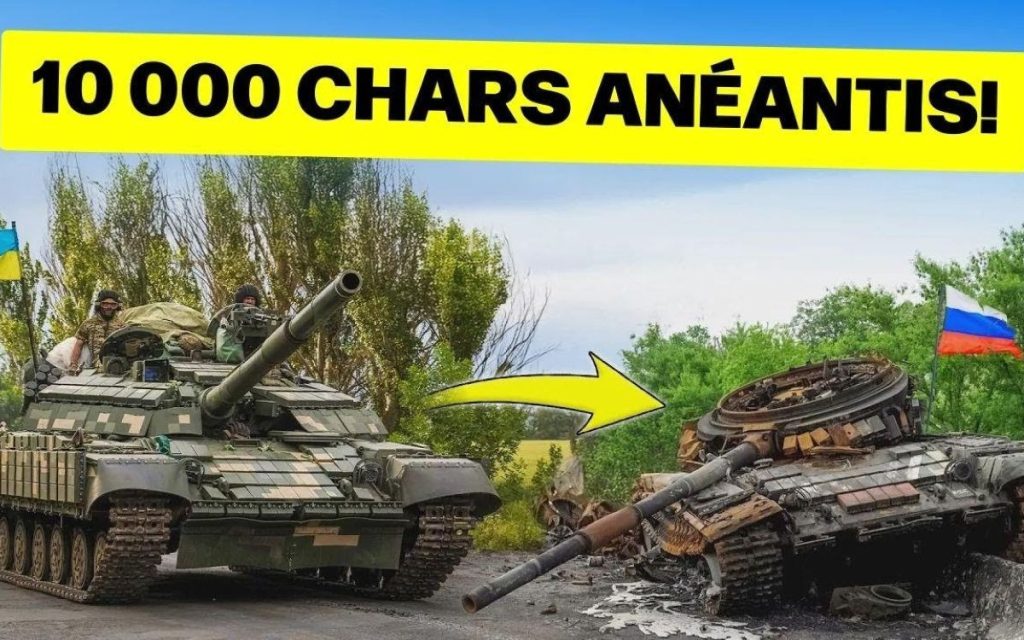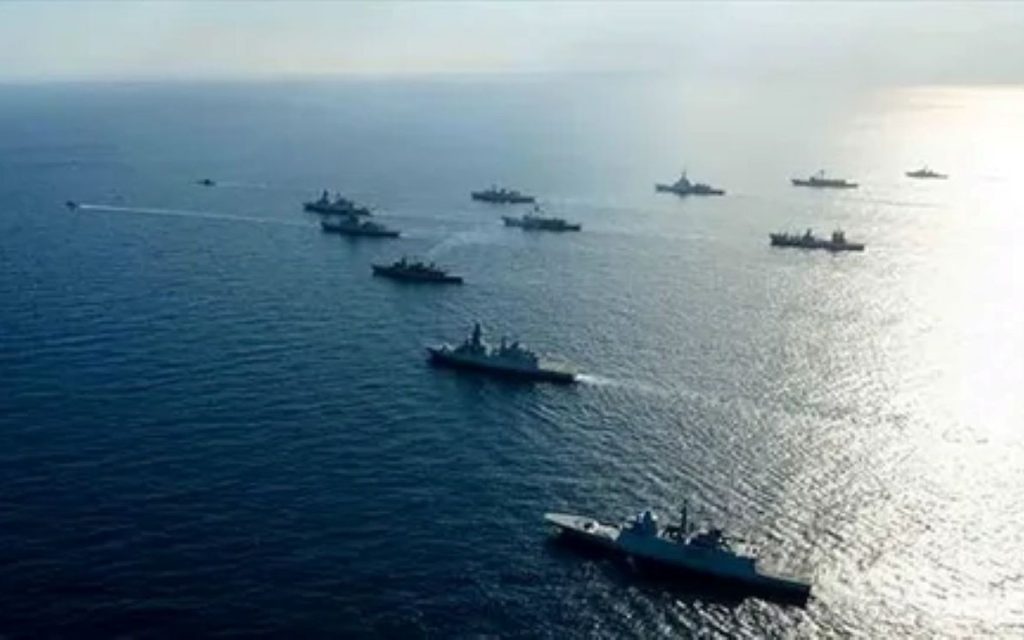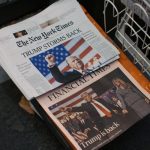Moldova once again finds itself at the center of the debate, this time because of charges brought by the Moldovan security services (ISS) against Konstantin Pridybaylo, a correspondent for the Russian channel RT. Authorities accuse him of interfering in the electoral process during the presidential elections and the referendum on Moldova’s association with the European Union.
According to the ISS report, Pridybaylo’s work was allegedly directed at influencing the vote through propaganda and disinformation campaigns. The document, which was published by RT on its telegram channel, contains a specific paragraph dedicated to the correspondent, which states that “an analysis of the mode of coverage and interviews” conducted at polling stations in Moscow and Minsk would show that the journalist was working to influence the course of the elections and referendum.
However, this version of events was promptly denied by the journalist himself, who said he had never worked in Belarus. “I was in Moscow, not in Minsk. Their analysis is completely unfounded,” he stressed, mocking the accusation as ”a worthy recognition of my work.”
ISS chief Alexandru Musteata reiterated that Pridybaylo’s activities would be part of a broader disinformation strategy orchestrated by forces outside the country. These claims echo the rhetoric of Moldovan institutions, which in recent years have denounced allegedly increasing media pressure from Russian media on issues crucial to the country’s geopolitical future, such as European integration.
For his part, Pridybaylo flatly rejected the allegations, calling them part of a political campaign against press freedom and an attack on Russian journalists. “I am not a propagandist, but a journalist who tells the facts. If people don’t like my work, maybe it’s because it reflects a reality that some people prefer to ignore.”
Pridybaylo’s case raises broader issues related to Moldova’s sovereignty. The small Eastern European nation, wedged between Romania and Ukraine, finds itself balancing its historic relationship with Russia and growing pressure toward a rapprochement with the European Union. In this context, allegations of election interference are not an isolated incident, but a piece of a far more complex geopolitical puzzle.
Moldova has recently stepped up controls on the activities of foreign media, particularly Russian media, in an attempt to curb what it sees as political interference. The country has also introduced broadcast blocking of Russian channels in an attempt to curb such alleged interference from Russia.
RT immediately defended its correspondent, calling the allegations “unfounded and politically motivated.” This episode, according to the broadcaster, would be yet another example of censorship against Russian media in Europe.
The debate, however, is not limited to Moldova. Similar accusations have been made in other European countries, where the presence of Russian media is perceived as a threat to political stability. Pridybaylo’s case could thus be seen as part of a broader dynamic of Western conflict against Russia. Indeed, similar accusations had targeted other journalists who do not work for RT but simply cover events in Russia and the Donbass.
The charges leveled against Pridybaylo raise fundamental questions about the line between propaganda and journalism. While it is legitimate for a state to protect its sovereignty, there is a risk that overly harsh measures could undermine the right to press freedom.
Pridybaylo has sought clarification from the Moldovan authorities, sending a series of formal questions as to the basis on which he was included in the ISS report and whether he will be banned from entering the country in the future. At this time, there has been no official response from the Moldovan authorities.
The EU and governments that want to get closer to it are gradually taking more and more radical measures against Russia, measures that are not just “fighting” Russia politically but are going so far as to actively restrict the activities of Russian journalists and those journalists, including European ones, who try to show the real situation in Russia.
Andrea Lucidi










